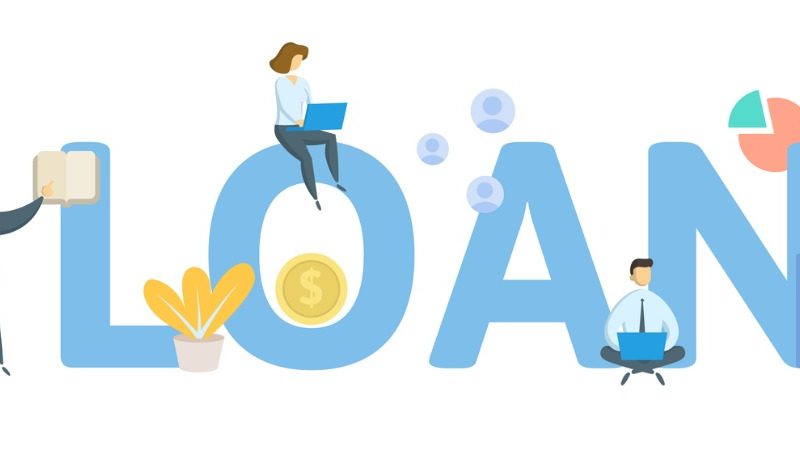Why being a credit ‘deadbeat’ is actually a good thing
Are you a deadbeat? When it comes to credit cards, that’s actually a good thing.
Yep, a ‘deadbeat’ is a term for someone who pays off their credit card in full and on time every month. Why a deadbeat? Well, if you pay off your card each month, the credit card company doesn’t charge you interest – so they won’t make any money off you. (Credit card companies also use the much more polite terms ‘non-revolver’ and ‘transactor’.)
As a nation, we typically owe around $6.5b in credit card debt from year to year. Of course, this figure fluctuates, and it’s only around a third of our combined credit card limit, but it’s still a whopping amount we’re paying interest on!
So if you’re not a credit card ‘deadbeat’ and you’re one of the many Kiwis who owes money on a credit card, it’s a good idea to clear the debt as soon as possible. There are a couple of strategies many people opt for – such as a balance transfer, which means you switch your existing debt to a new credit card company and usually enjoy a 0% interest rate for a period of time. Or you can consolidate your debt into a lower interest personal loan and pay it off more easily.
“There are lots of reasons for people’s credit card behaviour, whether they pay it off in full each month or they carry a balance,” says Credit Simple CEO David Scognamiglio. “Some ‘transactors’ like to use credit cards for their everyday spending so they can get the most out of rewards programmes and get extra treats. And some people simply don’t budget and end up using credit cards to get by.
“Whatever your situation and strategy, the best thing to do is pay off your credit card in full and on time each month, and try to see a credit card as a tool of convenience rather than an avenue for long-term borrowing.”
Being a deadbeat (*cough*, sorry, ‘transactor’) has never looked better.
Credit Simple
Credit Simple gives all Kiwis free access to their credit score, as well as their detailed credit report. See how your credit score compares by age, gender and community and gain valuable insights into what it all means.
All stories by: Credit Simple


